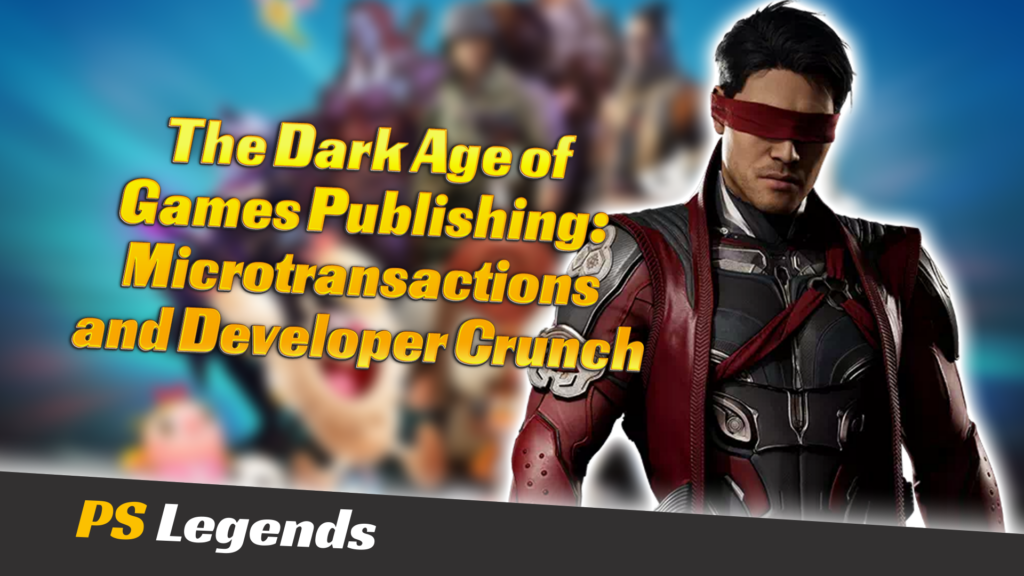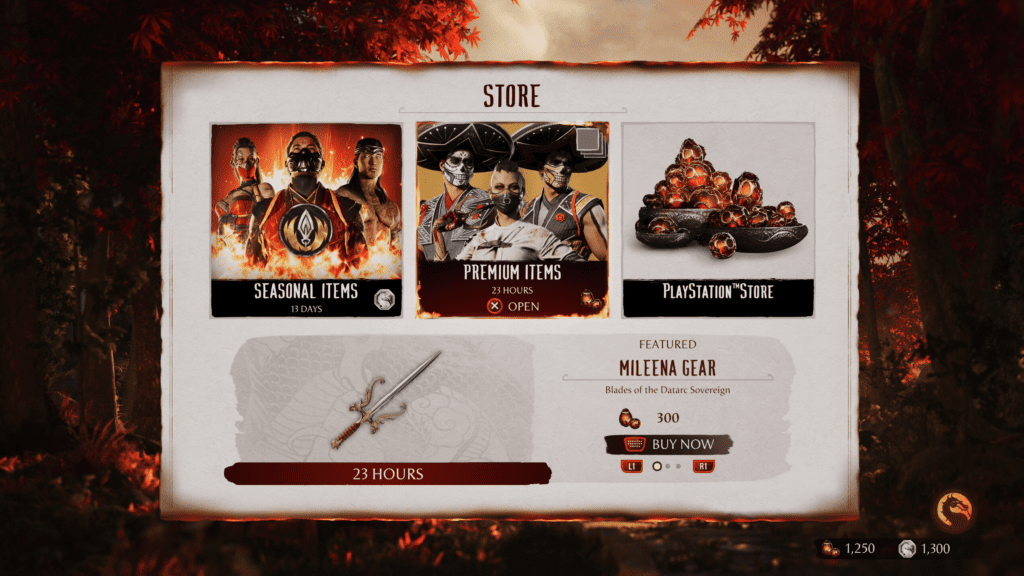We’ve seen it more and more frequently these days. Publishers rushing the development of games or releasing free or early access versions with seemingly no intent to update them or make a full release, often coupled with excessive microtransactions. It’s a greedy tactic that has cost developers money, respect, and sometimes entire studios.
Last year saw two franchises I hold dear with love and nostalgia suffer that very fate. Mortal Kombat 1 released without the cross play that was promised, along with a myriad of other issues. Meanwhile Modern Warfare 3 released in a nearly unplayable condition. If you would have told me this would be the case for either franchise over a decade ago, I would have laughed in your face. But sadly, this has become a harsh reality in the modern gaming landscape.
Why do I mention these two series specifically, you may ask? Because they are two very massive examples of this issue, and both have taken slightly different paths. Mortal Kombat 1, with all its flaws, seems to be trying to go in the right direction, while CoD seems to be doubling down. And you really can’t fault the developers as much as the publishers in either case. It feels the greed of some publishers will go to any length to profit off of fans.
Activision
It’s not news to anyone that Activision has pivoted in the way they handle the Call of Duty series. After an amazing run from the early aughts to the start of the 2010’s, Call of Duty began to hit a rough spot. Through the majority of the rest of the 10’s however, they saw a drastic increase in negative reception. Thanks to a complete change up in setting and even a lack of single player with Black Ops 4, fans grew weary of the military fps franchise. It wasn’t until 2019’s Modern Warfare reboot that fans started really warming up to new entries. However, that was literally just a brief sweet spot, as after that things began to change for the worst again, and a lot can be accredited to the dreadful microtransaction.
It All Falls Down
While microtransactions didn’t seem as big of a deal at the time, it allowed for some problems to creep in. With each following entry, the games had more troubled development cycles, resulting in poorer and poorer reception. Black Ops: Cold War was forced to be cobbled together in 2/3rds of the usual time, and Vanguard saw even less time in the oven with worse reviews. All the while, the microtransactions were the only constant, and the only thing that was never shorted. Then came Modern Warfare 2 (2022, not 2009, still feels weird to say), and the mess that was Modern Warfare 3.
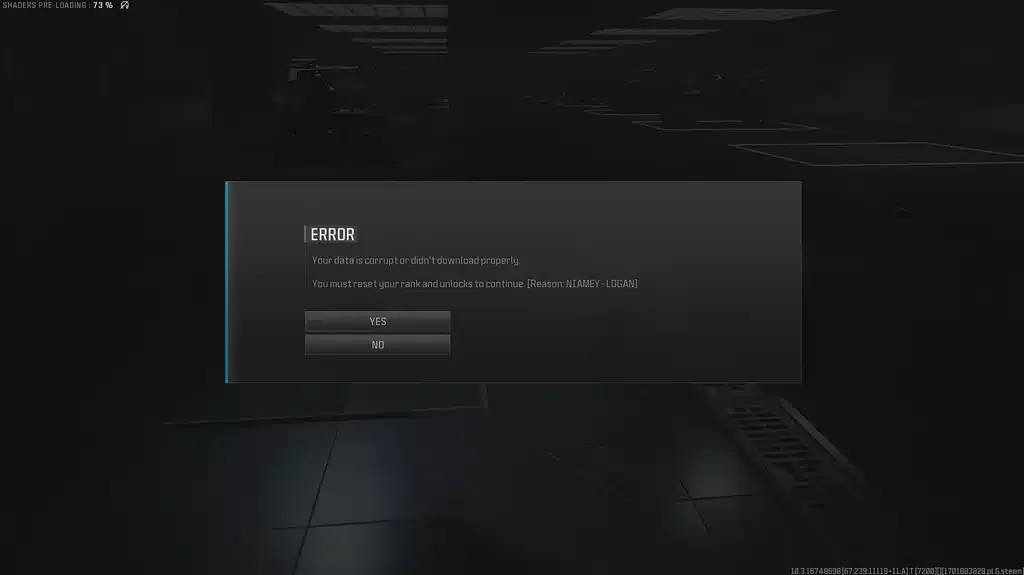
Modern Warfare 3 was handed over to Sledgehammer. In less than a year, they were forced to turn what was thought to be a MW2 add-on into a full game. As expected, fan reception was not good. The game released with online bugs, nearly unplayable content, and the shortest campaign ever in the series. This may not have been such a problem if it were a DLC like what seemed to be the plan. And Activision seemed to not really care. And why should they? They make a lot of their money on the $20+ skin packs that add nothing new to the game, except maybe some pay-to-win elements. At least, that seems to be the thought process there.
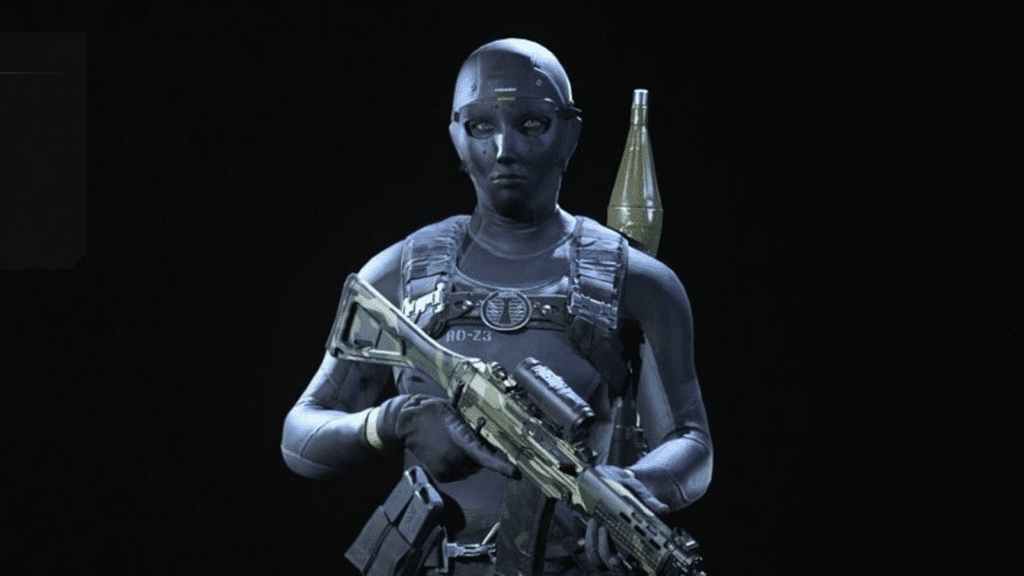
Warner Bros.
And then there’s Mortal Kombat 1, which was released unfinished with a suspicious timeline. Announced just days before Suicide Squad Kill the Justice League was delayed for the umpteenth time in 2023, Mortal Kombat 1 was set to be the start of a new era for the franchise. Both games were expected to be released later in the year, while only MK did. The mismanagement of both games has done way more harm than good for every company involved.
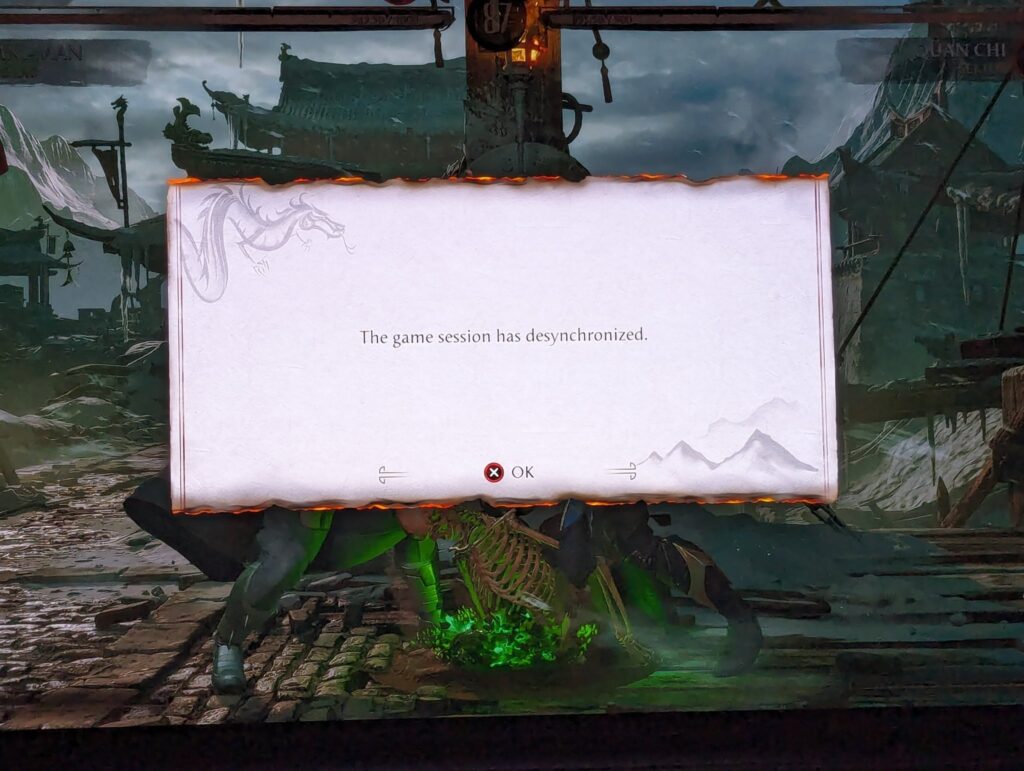
Players noticed serious bugs in Mortal Kombat 1 that are still being fixed, and a lot of features that were promised weren’t available at launch (some still aren’t). And then there’s the other common denominator: microtransactions. That’s not to say it’s a terrible game, I love it, but even I have to admit it needed more time in the oven and less paid content. Time Warner Brothers seemed fine with giving all to Rocksteady. And even after that, the Suicide Squad game is appearing to be filled with microtransactions too, as it’s a live-service game (like Fortnite, which is free). There’s too much to unpack there for this article.
What Can I Do?
Both studios have histories of stellar games with Rocksteady’s Arkham series and NRS’s, well, Mortal Kombat. There is no plausible reason either should release in such conditions. Which brings me to the point of this piece: publishers have become greedy. They know releasing a rushed game will still sell if the hype is right or the name is big. And if it doesn’t meet expectations, the microtransactions will cover the difference. This marketing strategy is bleeding consumers’ pockets and delivering half-baked products.
As I mentioned earlier, this practice has shut down entire studios. And if it goes much further, I fear it will cost the gaming community more in the future. It’s already being hinted at with things like Ubisoft’s Phillipe Tremblay’s statements on game ownership, and Sony’s attempt to remove Discovery shows users bought. And let’s not forget Gran Turismo Sport’s recent removal from the PlayStation store. We must find a way to reach a solution. If gamer’s vote with their wallets and, at the least, not give in to these post-release practices, we can possibly turn the tide. Big time publishers won’t stop as long as the easy money is there.
